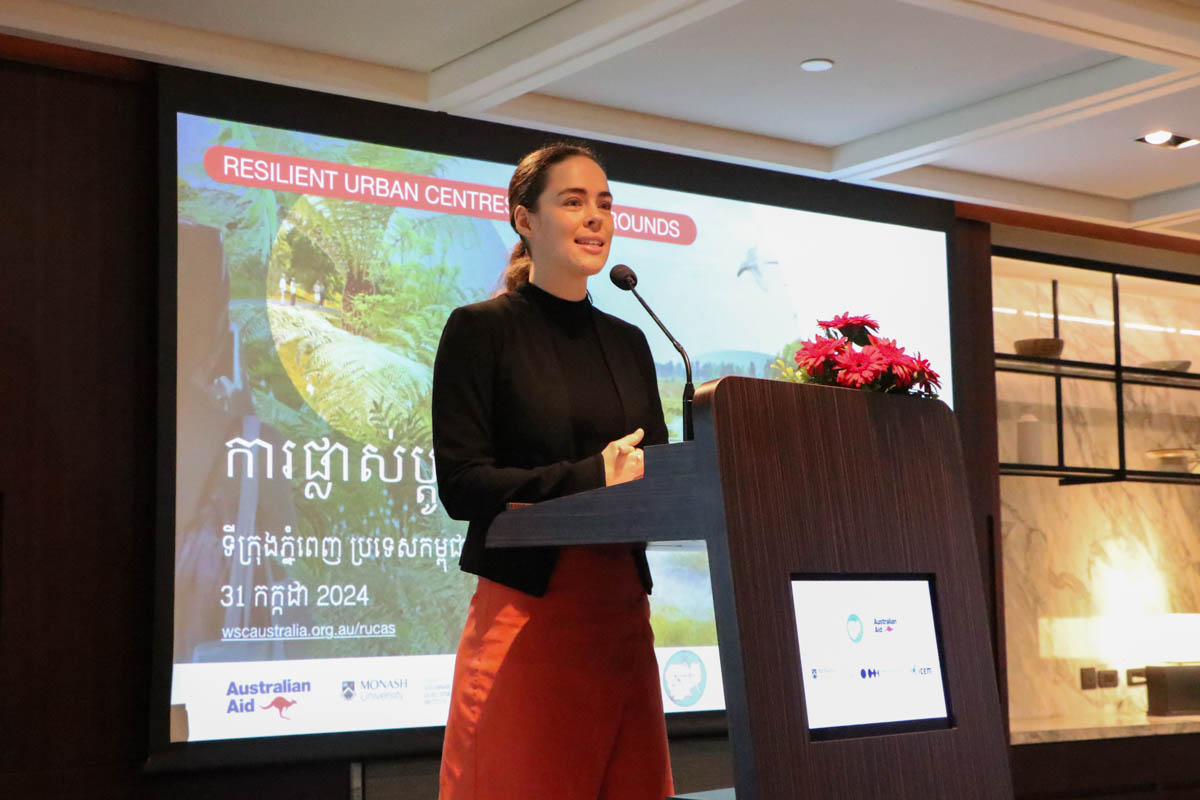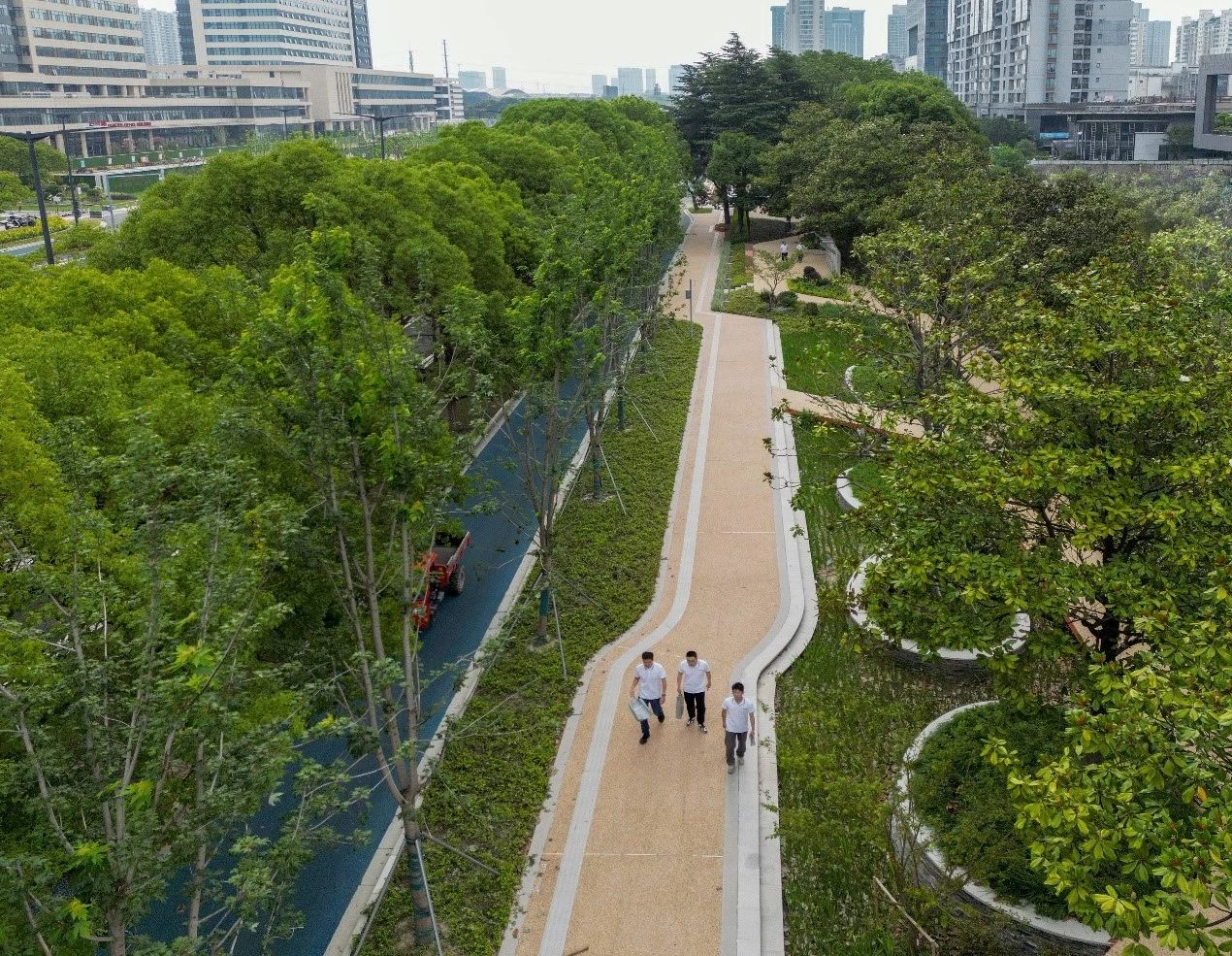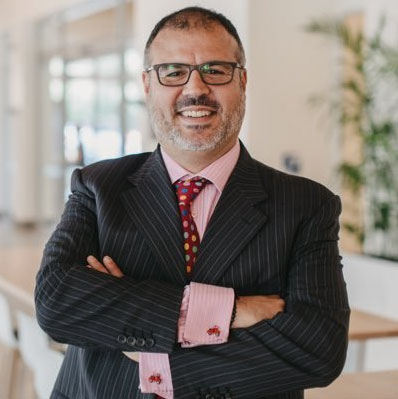These poor and marginalised people are typically more affected by the negative impacts of rapid urbanisation and climate change. They face greater exposure by living in marginal or unsafe areas, such as on low lying and poorly serviced areas subject to flooding or along unstable riverbanks. They are more likely to live in substandard housing and possess uncertain land ownership rights. And within this group, women, young girls and people with a disability are more vulnerable due to the existing socio-economic, political and cultural disadvantages.
These factors mean social inclusion is a critical part of creating fit-for-purpose WASH services in these informal settlements.
Recognising the importance of social inclusion, the RISE program recently released a new set of evidence-based resources to help deliver more inclusive WASH services. WASH practitioners, donors, funders, government and policymakers can use the toolkit to deliver gender and socially inclusive and participatory design so that no-one gets left behind.
The toolkit consists of a booklet, a card deck and a policy brief.
- The booklet provides principles, examples of good practice, and reflective questions to help practitioners understand their project from different perspectives. It can help readers gather ideas and adapt them according to specific needs and situations. These tools are complementary; each unwraps an aspect of the participatory design process that impacts inclusion in water and sanitation projects. Therefore, they should be used in combination and simultaneously, and not in a specific order. Different parts of the booklet may be more relevant to a project than others.
- The card deck aims to generate frequent conversations between team members with different knowledge, and enable them to learn from each other. The cards correspond to the reflective questions of each tool in the booklet.
- The policy brief provides concise guidance, recommendations and links to additional resources.
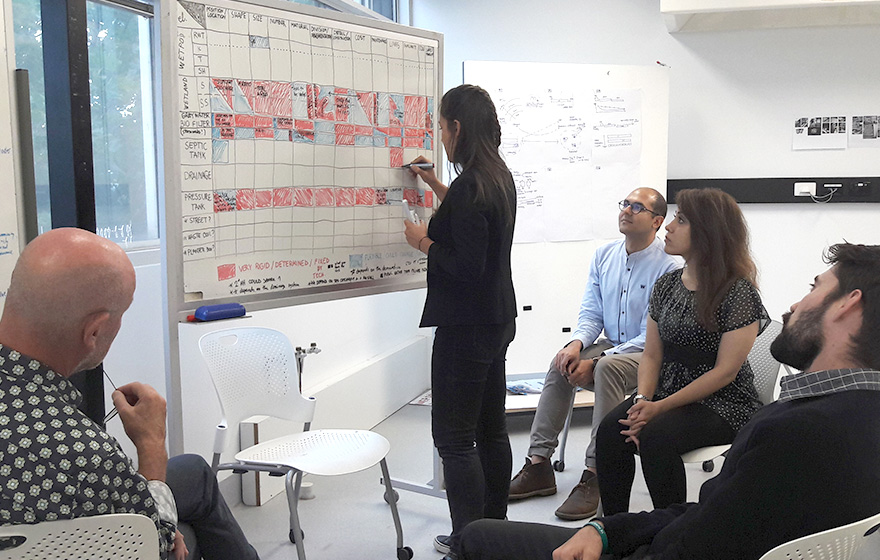
The tools are organised in 4 categories:
- Understanding context – These tools analyse how the project setting and the physical and social factors that make up that setting influence participatory design approaches and water and sanitation infrastructure outcomes.
- Water and sanitation infrastructure – These tools examine the properties of water and sanitation systems. This analysis opens up the design process, allowing participants with diverse knowledges and experiences to take part in making design decisions.
- Design process – These tools guide through the specific components of the infrastructure design process, showing how to achieve better inclusivity.
- Team composition and dynamics – These tools explore inclusive and participator strategies with in the WASH design teams.
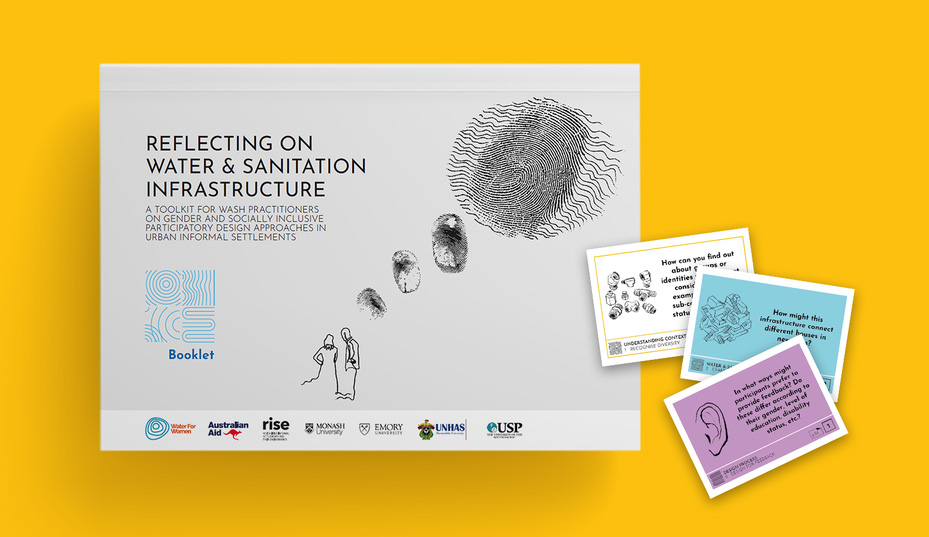
Water Sensitive Cities Australia’s Mainstreaming Leader, Jamie Ewert, was pleased to take part in the toolkit’s global launch on Friday 24 June. He acknowledged the evolution in infrastructure planning: from being led by experts, to co-design with input from other disciplines and then the community, to finally inclusive planning that represents the many different groups in a community. Many practitioners find inclusive planning challenging, so this toolkit makes the process actionable. The RISE team are using to transform informal settlements in Indonesia and Fiji, but the principles and approaches can be applied in any context.
Our CEO, Ben Furmage, commented on the timeliness of the toolkit:
‘Social inclusion is a crucial part of work we are doing in creating climate resilient urban centres in Mekong countries. We know social inclusion is important, but until now, we didn’t know how to embed it in our program design and delivery. This toolkit explains how. Using it, we aim to develop a gender and socially inclusive (GESI) cohort of technical champions who support GESI outcomes.’
You can find the toolkit here.

